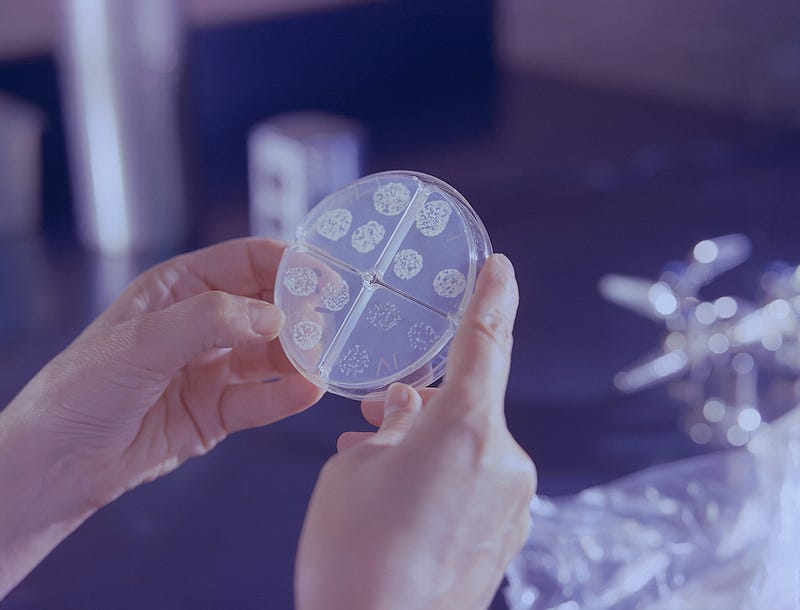Unlocking the Secrets of 3.5 Million-Year-Old Bacteria
Written on
Chapter 1: The Quest for Eternal Youth
For centuries, humanity has been captivated by the idea of achieving eternal life or finding a remedy to reverse aging. Tales from ancient cultures often hint at the possibility of rejuvenation, reflecting a common belief that aging and death are unavoidable aspects of existence.
In 2009, scientists at Mammoth Mountain in Yakutsk, Siberia, discovered a remarkable bacterium known as Bacillus F. Found in ancient permafrost, this bacterium is estimated to be around 3.5 million years old. The resilience of Bacillus F, as highlighted in Brouchkov’s research, suggests it possesses unique survival mechanisms that could potentially be harnessed to prolong human life.
Researchers have conducted extensive analyses on Bacillus F, revealing its DNA hints at capabilities that might enhance longevity and fertility in living organisms. Initial tests involved mice, which demonstrated significantly longer lifespans after being injected with the bacteria. Remarkably, these mice also exhibited increased fertility as they aged.
Epidemiologist Viktor Chernyavsky, involved in the study, indicated that the bacteria release active compounds over their life cycle, which could contribute to the longevity and reproductive health observed in the test subjects.
Anatoli Brouchkov, a scientist in the geocryology department, was so intrigued by the potential of Bacillus F that he self-administered the bacteria without prior approval. Confident in its safety, given its origins from local water sources used by longstanding residents, he reported no adverse effects. In an interview with Jordan Pearson from VICE, Brouchkov expressed that while he hadn’t physically appeared younger, he felt revitalized and less fatigued, a common ailment associated with aging.
Following this, a 2017 report highlighted the case of German actress Manoush, who took multiple doses of the bacteria over three months. She claimed to experience both physical and mental rejuvenation, despite her history of plastic surgeries. This raises intriguing questions about the scientific possibilities behind her assertions.
Since 2015, a team at the University of Moscow has been decoding the DNA of Bacillus F, further unraveling its potential role in promoting a form of eternal life.

Section 1.1: Exploring the Potential of Bacillus F
The discovery of Bacillus F has prompted researchers to delve deeper into its properties. The implications of such a finding could revolutionize our understanding of aging and longevity.
Subsection 1.1.1: The Initial Experiments

The first experiments conducted on mice showcased promising results, indicating a significant increase in their lifespan and fertility.
Section 1.2: Real-Life Applications and Anecdotes
The experiences of Brouchkov and Manoush provide anecdotal evidence suggesting that Bacillus F may have real-world applications in enhancing vitality and well-being.
Chapter 2: Scientific Revelations
The first video titled "This Ancient Siberian Bacteria Could Hold the Secret to Immortality" discusses the groundbreaking discoveries surrounding Bacillus F and its implications for aging research.
The second video, "Why Would a Scientist Inject Himself with 3.5 Million Year Old Bacteria?" explores the motivations behind Brouchkov's self-experimentation and the potential risks and rewards involved.
